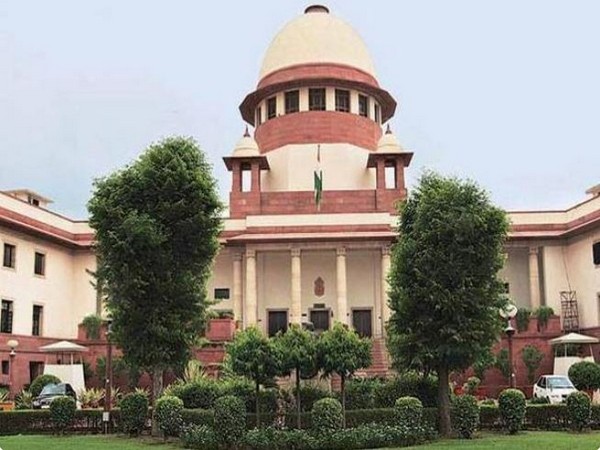Supreme Court Takes Historic Stand Against Caste Discrimination in Prisons
In a landmark ruling, the Supreme Court deemed caste-based discrimination in prisons unconstitutional. The decision mandates the removal of caste references from prison records and urges revisions to the Model Prison Manual 2016 and related laws, aiming to eliminate discriminatory practices and promote equality within correctional systems.

- Country:
- India
In a groundbreaking decision, the Supreme Court on Thursday declared the perpetuation of caste-based discrimination within prisons as unconstitutional, mandating the removal of all caste-related entries from prison records. The apex court also instructed the central government to amend the outdated sections of the jail manual that foster such practices.
Headed by Chief Justice DY Chandrachud, the bench cited Article 15, criticizing the discriminatory labor assignments within prisons based on caste distinctions—lower castes tasked with cleaning and higher castes with cooking. The court emphasized that institutional discrimination fundamentally violates constitutional principles.
The Supreme Court set a three-month deadline for the Union government and state authorities to update the Model Prison Manual 2016 along with the Model Prisons and Correctional Services Act 2023. The court also challenged the classification of habitual offenders in prison manuals, demanding revisions across all states and Union Territories.
(With inputs from agencies.)
ALSO READ
Maldives' Ruling Party Delegation Visits China to Boost Economic Ties
Cyprus' Top Court Removes Comptroller General for Misconduct in Historic Ruling
Supreme Court Ruling Shakes Telecom Stocks
Venezuelan Opposition Leader Edmundo Gonzalez Forced to Accept Court Ruling
Mumbai University Senate Elections Back on Track After High Court Ruling










